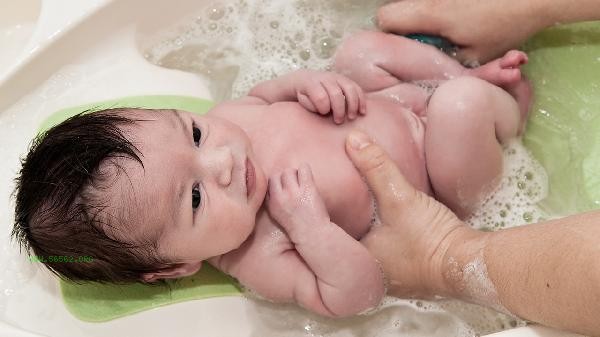Not taking a shower frequently may lead to skin infections, increased body odor, clogged pores, and other issues. The hazards of not taking a shower mainly include bacterial growth, skin inflammation, fungal infections, worsening body odor, and weakened immunity.

1. Bacterial growth
Long term accumulation of sweat and sebum on the skin surface can form a breeding ground for bacteria. Pathogenic bacteria such as Staphylococcus aureus may cause folliculitis or cellulitis through damaged skin. It is recommended to clean sweat prone areas with warm water daily, especially paying attention to skin folds such as armpits and groin.
2. Skin Inflammation
Accumulation of dirt can irritate the skin barrier function and lead to contact dermatitis or eczema. Excessive thickening of the stratum corneum may cause itching, dryness, and flaking of the skin. People with sensitive skin such as infants, young children, and the elderly need to maintain regular cleanliness.
3. Fungal infection
Wet environments can easily breed fungi such as Candida albicans, causing skin diseases such as tinea pedis or tinea pedis. Patients with diabetes and those with low immunity should pay special attention to foot cleaning to avoid fungus propagation between the toes.

4. Increased body odor
Organic matter in sweat can be decomposed by bacteria to produce odorous substances such as isovaleric acid. Adolescent populations are more prone to stubborn body odor due to active sweat glands. Proper use of weakly acidic shower gel can help maintain the balance of the skin's microecology.
5. Decreased immunity
As the first line of defense in the human body, the skin, if not cleaned for a long time, will weaken its defense function. Research shows that moderate cleaning can promote the secretion of antimicrobial peptides on the skin surface. It is recommended to choose mild cleaning products with a pH value of around 5.5. Maintaining regular cleaning habits is crucial for maintaining skin health. It is recommended to adjust the frequency of bathing according to the season, once a day in summer and once every other day in winter. The water temperature should be controlled at around 38 ℃. Timely apply moisturizing lotion after bathing, especially in dry season, pay attention to skin barrier repair. Choosing soap free bath products can reduce skin irritation, and it is important to regularly replace bath towels and cleaning products. Special occupations or sports should be cleaned in a timely manner to avoid prolonged adhesion of dirt. Suitable cleaning methods should be used for special populations such as infants and bedridden elderly, and professional dermatologists can be consulted if necessary.









Comments (0)
Leave a Comment
No comments yet
Be the first to share your thoughts!